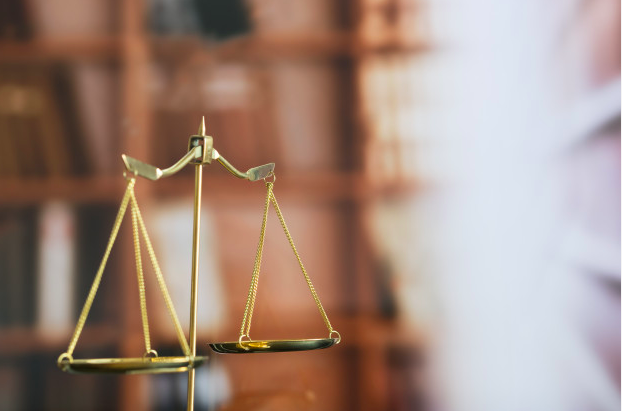
In the words of renowned author and publisher Zia Mody, the Kesavananda Bharti v. State of Kerala case has “protected the Indian State from collapsing like many of its South Asian counterparts, whether through totalitarian rule, military coups or extra-constitutional means.” But before probing into the details of the case above, let’s go back by a few years.
By invoking Article 368 of the Constitution, whether the Parliament can amend Fundamental Rights as given under Part III of the Constitution of India, for the first time came into question in Shankari Prasad v. Union of India. The constitutionality of the 1st Constitutional Amendment Act, 1951, was challenged in this case.
This was the beginning of the most impactful legal battle faced by the country. The Supreme Court ruled that Parliament can amend fundamental rights through Act 368. But things kept dwindling due to separate dissenting opinions of justices which led to two of the most prominent cases of constitutional history after independence – Golaknath v. the State of Punjab and Kesavananda Bharti v. the State of Kerala. While the declaration regarding the non-amendability of fundamental rights was made in the Golaknath where fundamental rights were reckoned as the primordial rights necessary for the development of human personality, the Kesavananda Bharti case established the Read More

No comments:
Post a Comment